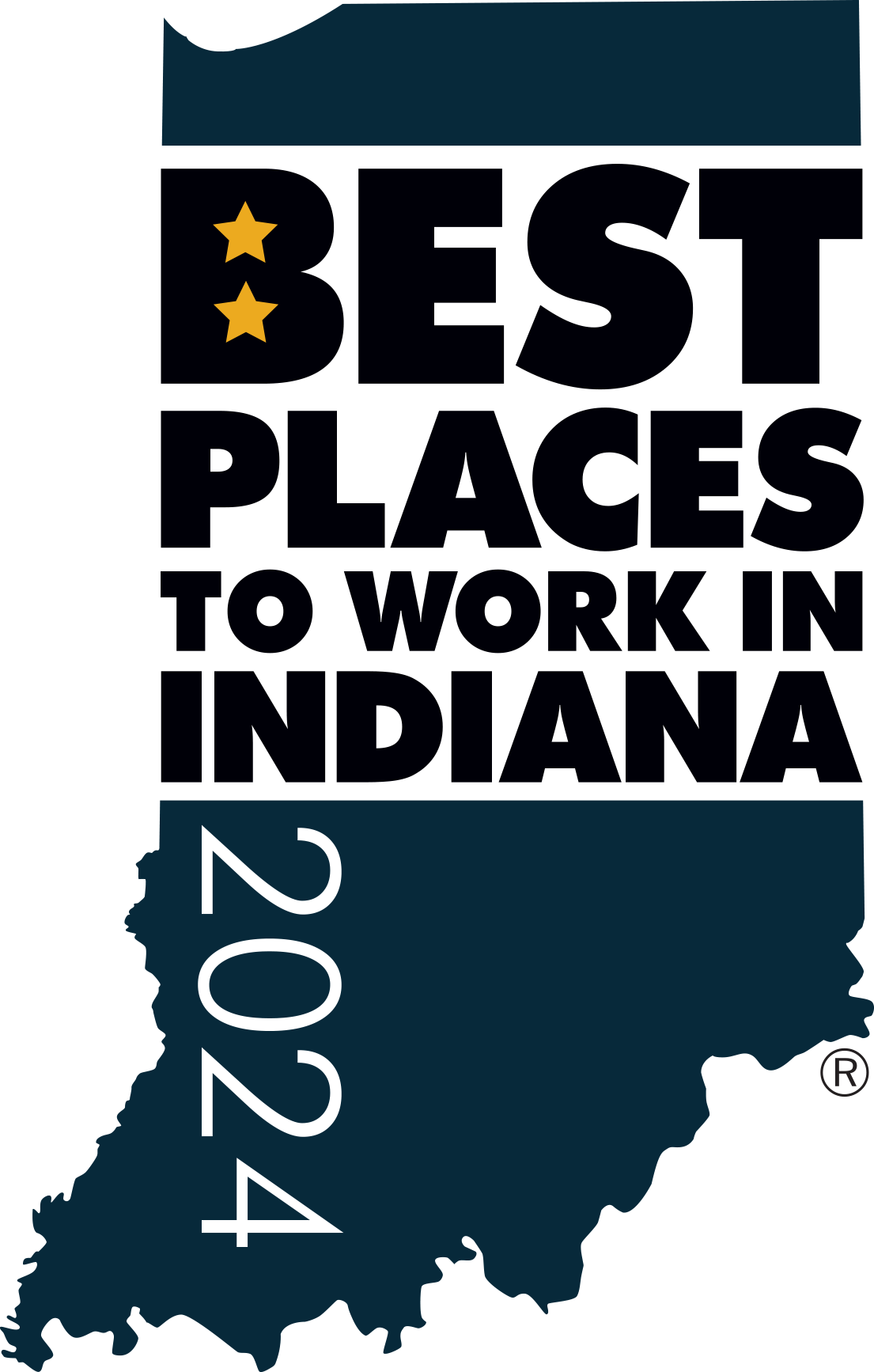Extreme Home Makeover: Workplace Edition
For nearly a decade, Extreme Home Makeover reigned supreme on Sunday night television. In less than seven days, the crew is tasked with rebuilding an entire house – every single room, plus the exterior and landscaping. Residents, neighbors, and viewers watch with joy and perhaps a twinge of jealousy; wouldn’t it be nice to have an overhaul so significant that it changes every moment and experience? How exciting to take what is commonplace and make it new again!
For some organizations, they have taken the Extreme Home Makeover to their workplace environment. The beginning of the new year could be an ideal time to look through an elevated lens at the status quo within your daily rituals, within a department, or throughout an entire organization.
Change can be a great thing, when the change is calculated and purposeful. Take some time to reflect on the current standard operating procedures within your department or company. You might find that the reason some best practices are the way they are is because nobody has taken the time or effort to evaluate any alternatives. The old adage of “if it’s not broke, don’t fix it” can be the antithesis of workplace innovation! Keyless automobile entry is a perfect example; using a key to open a vehicle door is a perfectly acceptable way to enter a car. Someone was creative and innovative enough to take something that worked well and make it just that much better, and we can have the same outlook on our own businesses. Constantly evaluate what’s not working, and even with what is working, be open to how to make it just a little more effective, or innovative, or differentiating.
Workplace Makeover: Life is Good
John and Bert Jacobs, the founders of New England-based apparel company Life is Good, have evolved to become a $100 million firm with over 250 employees. They, like most, were inundated with emails and realized the more they sent the more came back.
John and Bert made a pact: no more emails. They are now only directly available by cell. Their team summarizes the most important communication every two weeks, allowing them to spend more time on high level questions and the creative aspect of their business. The result? Increased productivity and happiness. Though it is easy to pull people in to a minor issue via email, they have found that people think twice before calling a cell phone – questioning if it’s important enough to warrant a true disruption.
Workplace Makeover: TED
TED is one of the few organizations that grants employees the gift of a forced two-week summer break; try getting in touch with employees at the end of July and you’ll have some trouble. Summer vacations are not unheard of, as employees at most companies take staggered vacations in the summer so that someone is always around. But because the entire staff is never quite available, things don’t get done as efficiently as they should. When everyone leaves at the same time, productivity remains at a high level before and after vacation.
Workplace Makeover: Netflix
Reed Hastings, CEO of Netflix, prides himself on making as few decisions as possible. Relying primarily on his team to lay groundwork and line out details, large decisions such as the one to produce the popular House of Cards required 30 minutes of Hastings’ time before it was green lit. Freedom is only one part of the Netflix culture; the other is responsibility and this has resulted in a culture of high performance. Acknowledging that they turn over a lot of people, Hastings is adamant that giving people great freedom will of course result in mistakes, but a more important result will be that of a lot of great ideas.
Workplace Makeover: ThinkPARALLAX
ThinkPARALLAX, a creative agency in Southern California, decided to send its employees away from the office. Each employee is given a $1,500 travel budget to go anywhere in the world, with a few expectations. Employees have to go somewhere they’ve never been before, the destination has to be outside of their comfort zone in some way, and they have to go in the final four months of the year. “When you don’t put a timeline behind things, people tend not to do them,” says Jonathan Hanwit, a co-founder at the company. “It also forces everybody to realize that they can pick up the slack, and creates a more cohesive work environment.”
Workplace Makeover: FitBit
Thirty of the Fortune 500 companies participate in Fitbit Wellness, ultimately saving bottom line dollars in regards to medical costs and reduced sick days. FitBit Wellness uses the trackers as a motivator as part of a rewards program or company-wide competition. BP, for example, has run a one million step challenge where employees who hit the mark over the course of a year are eligible for a more deductible health plan.
Part of the appeal? A huge budget is not required in order to create exciting incentives. Small rewards go a long way; casual dress day, charitable donations, catered lunches, or scratch-off lotto tickets are all examples of great prizes for winners.
Workplace Makeover: Your Organization
Some of these “Extreme Makeovers” might be too extreme for your organization, but all are examples of ways to get creative when approaching innovative and rewarding workplace environments. Involve your staff when soliciting feedback; you may find group energy surrounds subjects such as workplace efficiency, cultural initiatives, wellness programs, or charitable endeavors. You may find that you are the lead architect of a very talented team of designers!
Finding People Who Make a Difference®
Executive Search Review has recognized the totality of the Sanford Rose Associates® network as being one of the Top 10 Search Firms in North America. Sanford Rose Associates has 60+ offices worldwide and is a member of the International Executive Search Federation (IESF). To learn more about achieving professional excellence both personally and with those on your team, please reach out to your Sanford Rose Associates® executive search consultant today.
—Karen Schmidt

